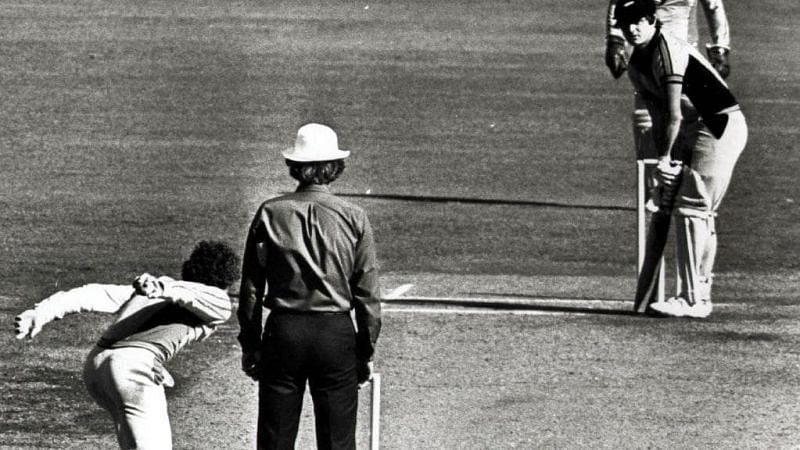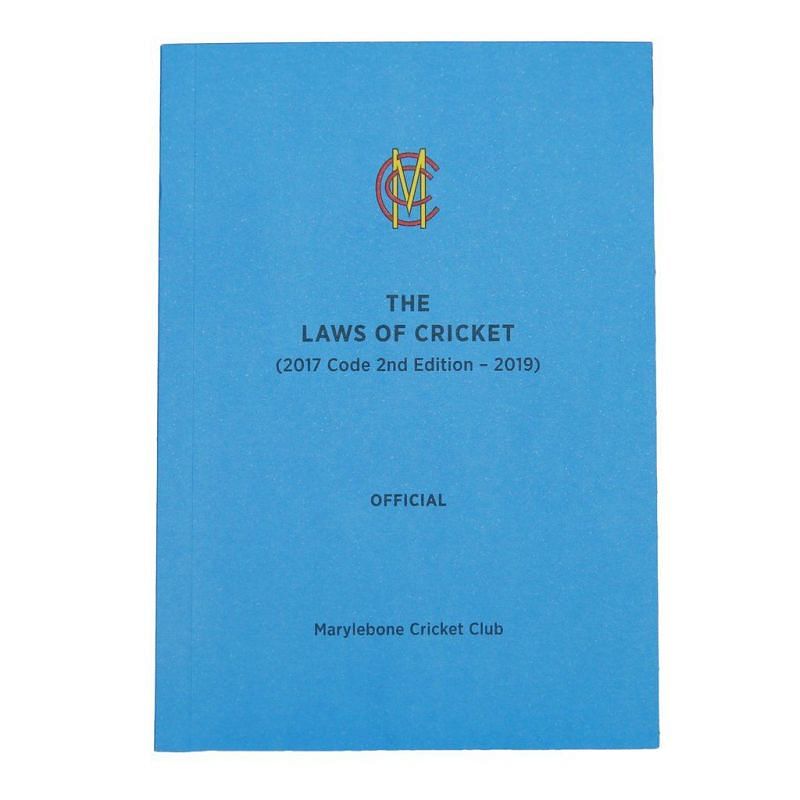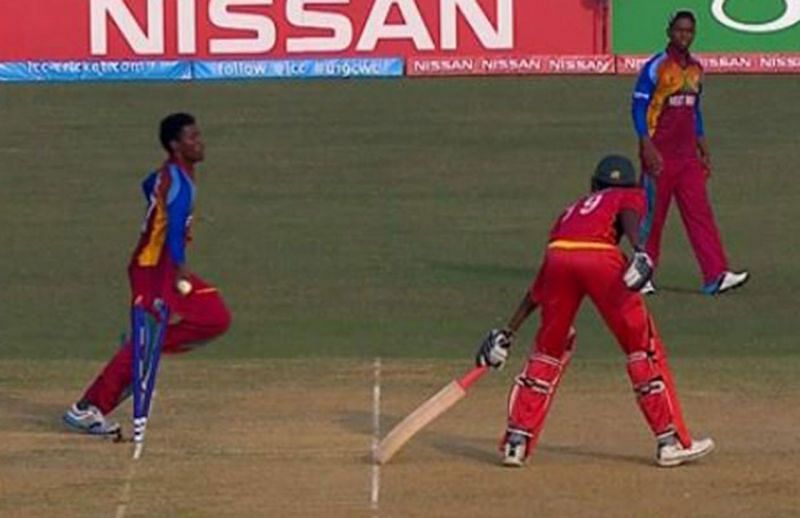
Ravi Ashwin dilemma: Spirit of Cricket is essential for our game

It has become customary over the last decade or so to run down the phrase “spirit of the game.” Cricket commentators and writers, especially from India, have repeatedly claimed that it is a foolish concept that needs to be put away.
In 2012, Murali Kartik ‘mankaded’ a batsman in English county cricket and was roundly criticized by the players in that circuit, including his captain. But the Indian cricketing fraternity seemed to rally around him and ridiculed the entire idea.
The likes of Sanjay Manjerakar and Harsha Bhogle have been some of the most vocal supporters of discarding the entire notion of following an unwritten code of conduct. Not surprisingly, Bhogle leapt to defend Ravichandran Ashwin and his act of running out Jos Buttler through the dubious method of ‘mankading.’
But let’s ask ourselves this question: Is ‘spirit of cricket’ entirely a useless term? Does it have no significance in modern-day sport? Should the game be played strictly according to the letter of the law?
Spirit of Cricket is Essential for Our Game

If you are truly a cricket fan, apart from all the skills on display, what you probably regard very special about this game is the unique nobleness of conduct displayed by cricketers. Whenever a great player retires, the entire opposition lines up to give him a guard of honour when he comes out to bat in his last game.
This is not a convention that is written down in any law book. It reflects the innate gentlemanly conduct that is supposed to be part of the game. This particular tradition always inspires a fan when he beholds it.
On the other hand, if a fielder moves from his fielding position while the bowler is running into bowl and the batsman can’t know about it, it is regarded as a serious instance of bad behaviour. This too, wasn’t something dictated by the law but accepted universally.
Same is the case with the tradition of batsmen not running for another run if a throw deflects off their bat and goes away from the back-up fielder.

So, cricket has never been a game where everything is guided simply by the law book. There is an unspoken and unwritten code of conduct which imbues the game with a sense of ethics. This is in complete contrast to football where a blatant act of cheating was celebrated and mythologized as ‘the hand of God’ and where even the leading players partake in ignoble tactics to gain advantage without remorse.
If this unwritten ethical code – called the ‘spirit of the game’ – is cast away and everything is done according to codified law, then one of the fundamental tenets of the sport would disappear. The idea of cricket being a gentleman’s game might be under doubt, but not the belief that it should never become a sport completely devoid of a code of honour.
However, if it indeed does so and players simply play to win at all cost, the game would lose one of its most beautiful qualities. In the heat of the moment, people may scoff at this notion. But when you think about all that makes this game special, the ‘spirit’ of it is as important as any.
After all, if written rules are everything, then why was Trevor Chappell considered wrong for bowling an underarm delivery. He too, wasn’t doing anything illegal!
Nature of Ashwin’s Action

Even if we concede the argument that cricket is played to achieve victory and not for any other purpose, Ashwin can’t be acquitted. As has been mentioned by various commentators, going strictly by the rule of law too, the off-spinner was not acting correctly.
If a batsman is way out of his ground well before the bowler is ready to let the ball go, then there is a case against the non-striker. But in this instance, Buttler’s bat was in the crease when Ashwin was well into his delivery stride.
What the Indian off-spinner did was to pretend that he is going to bowl and after completing his action, rather than letting the ball go, turn around and dislodge the bails. As per the law (41.16),
“If the non-striker is out of his/her ground from the moment the ball comes into play to the instant when the bowler would normally have been expected to release the ball, the bowler is permitted to attempt to run him/her out.”
The phrase “when the bowler would normally have been expected to release the ball” is critical. If bowlers start using this ploy and pretend to deliver the ball only to turn around and hit the stumps, it will open the Pandora’s box.
Now, one can go into the nitty-gritty of the rules and argue endlessly about whether Ashwin indeed was expected to release the ball when he took the action, the fact remains that it wasn’t clear. This means that it wasn’t a blatant attempt by Buttler to steal a run. Hence, to claim that the English batsman was deliberately cheating looks very weak.
On top of that, no warning was issued beforehand. Yes, the law doesn’t require that, but then, as already stated, not everything is guided by the written law. Giving the batsman a chance to rectify a mistake which might be made accidentally and not out of malice cannot be considered wrong.
Keeping all that in mind, Ashwin is on very weak ground in this case.
Circumstance Matters

Lastly, the decision to execute the ‘mankading’ has to be judged on the basis of the timing as well. In the 2016 Under-19 World Cup, there was a similar incident when West Indian Keemo Paul ran out a Zimbabwean batsman when his team was in danger of losing the match and getting eliminated from the event.
If it was well-known to everyone that such tactics would be resorted to and the batsmen made aware too, then it can be argued that they have only themselves to blame. But when this trick is used to get the batsman out when your team is struggling and in danger of defeat, it is totally a cynical act.

This is another reason that at least one warning is required before running the batsman out in this way. Just remember the famous instance of Courtney Walsh refusing to run out the non-striker during a match against Pakistan in 1987 at Sharjah. He could have easily won the match for his team as the opposition was 9-down. But he chose to uphold the spirit of the game rather than win at all costs.
It makes a player look weak and lacking in skill when he decides to use a method of dismissal not expected by anyone. The obvious conclusion is that, looking unable to win the match through your abilities, the player has decided to break a taboo for achieving his end.
This makes Ashwin’s actions all the more troubling.
Follow Sportskeeda for all the updates on IPL live score, purple cap, points table, schedule, news, orange cap and fantasy tips.